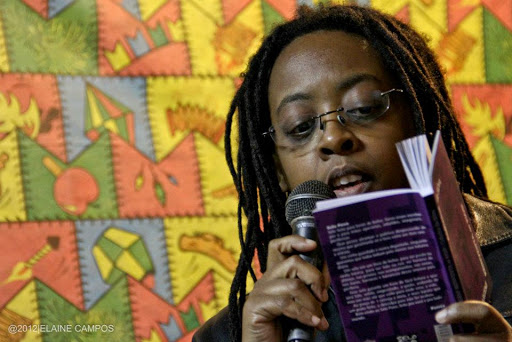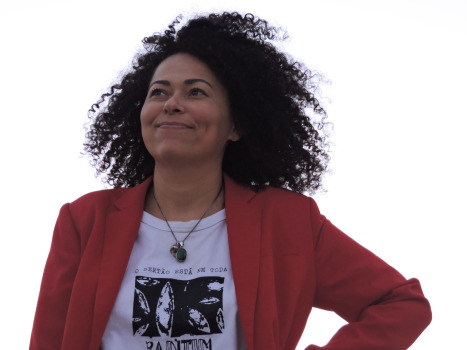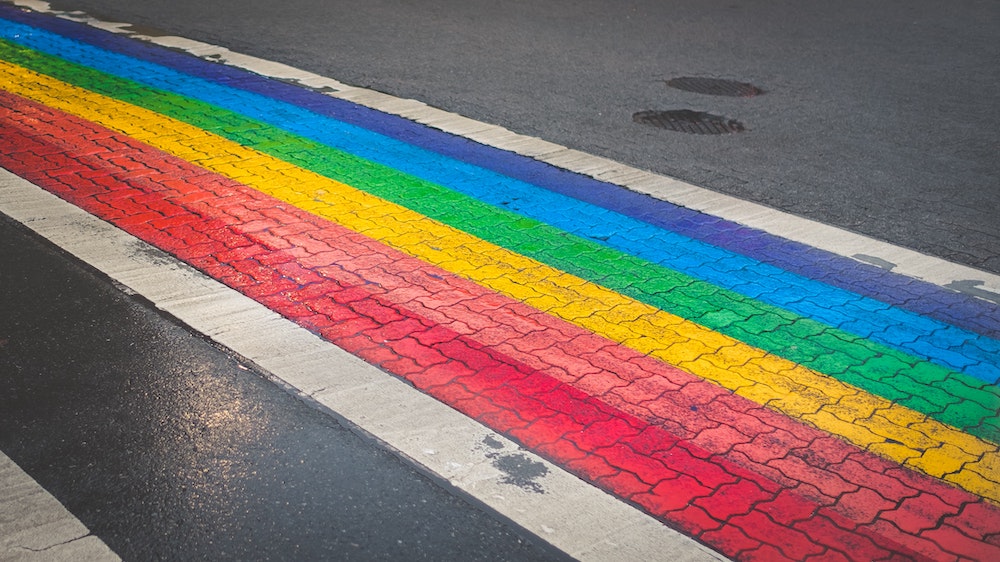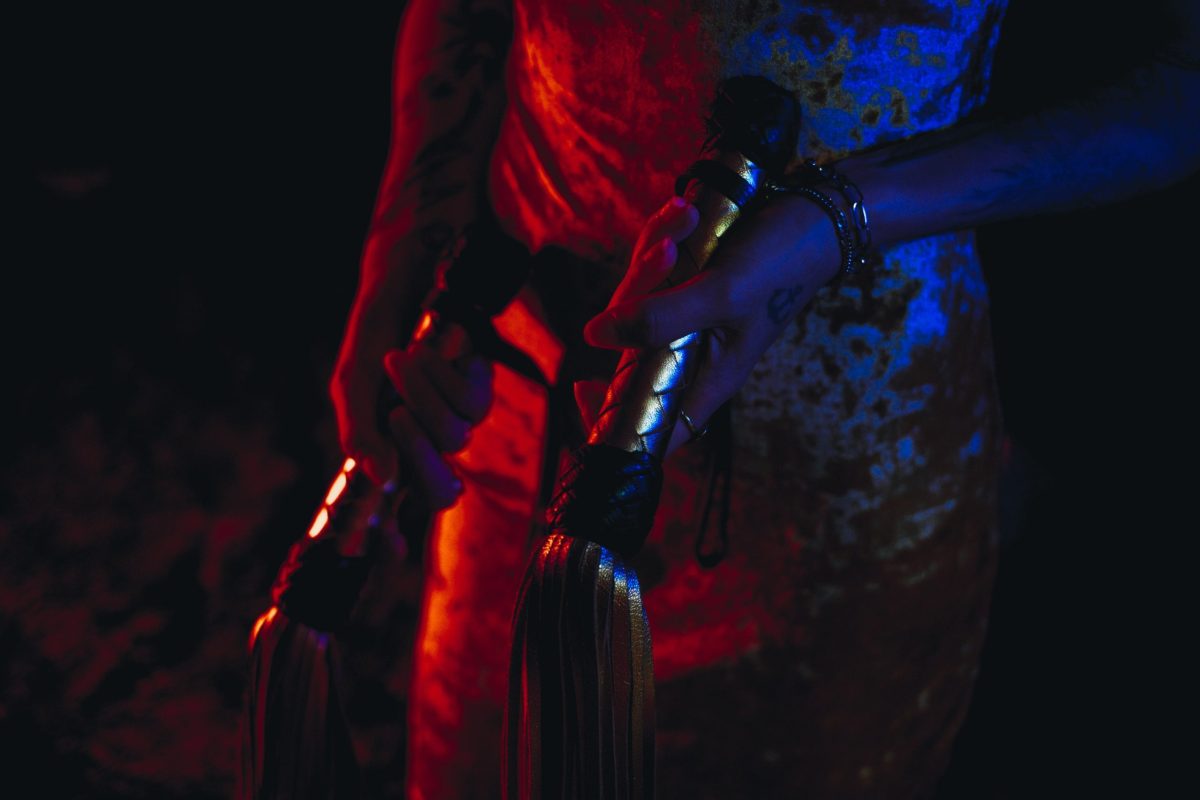Reading Lists
8 Stories by LGBTQ Women Writers From Around the World
Brazilian writer Natalia Borges Polesso recommends a reading list of lesbian literary geographies

Five years ago, my second collection of short stories, Amora, was published in Brazil to unexpected acclaim, taking home one of the country’s most important literary prizes. A surprise to everyone, not least of all me. The Prêmio Jabuti catapulted me into the limelight, making me a spokesperson for writing by LBTQ women. I was invited to give lectures and teach courses; I was asked about LBTQ women writers in Brazil and around the world, besides the ones everybody already knew about; I was pushed to name references, inspirations, and so on. Fierce nerd that I am, I decided to embark on a postdoc project to help me dig up some names. I called it “Lesbian Geographies,” and it riffs on a concept coined by Eduarda Ferreira and Kathe Browne in the field of Social Sciences and which I’ve applied to the study of literature, using geography to map and analyze the prose and poetry works of LBTQ women writers. When I first started I thought it would be easy. It was just a matter of finding works, adding them to a list, reading them. No biggie. I’d begin there and once I was done, start on the analysis. I was wrong. Today I’ve got more than four hundred names of women writers who’ve authored a crazy number of books, and I’ve encountered a wide range of genres and themes that have led me to rethink these geographies, to rethink the spaces these authors occupy in the world (media, market, audiences, etc.), as well as the poetic and fictional spaces they create.
The word “amora” in Portuguese means blackberry, but it’s also a pun on the Portuguese word for love, “amor,” which is a masculine noun (go figure). Adding the particle “a” queers amor, making it feminine. Amora, is divided into two parts: “big and juicy” (short stories) and “small and tart” (prose poems) that depict lesbian protagonists of various ages and social backgrounds across a series of situations. Amora is not so much a book of love stories as it is a book showcasing multiple forms of affection as well as other scenarios rarely featured in mainstream Brazilian literature (with the exception of work by Cassandra Rios, who was truly a bestseller). My concern has always been to present lesbian protagonists in different contexts, not necessarily romantic ones, to move them beyond love in order to reveal their complexities and nuances in everyday circumstances. Amora was born not out of the references I was being asked to provide so much as their absence in my journey as a reader.
Below are some books and stories by LBTQ women writers from around the world that you can read in English. I hope they nourish you as much as they have nourished me.
Editor’s note: This article was translated from Portuguese to English by Julia Sanches.
Madwomen: The “Locas Mujeres” Poems of Gabriela Mistral, translated from the Spanish by Randall Couch
A posthumous work edited and translated by Randall Couch, this volume highlights the worries and anxieties of Mistral as a poet and social worker. The madwomen portrayed here are intense, strong, and humane. Needless to say, Mistral was awarded the Nobel Prize for Literature in 1945.
“Yellow Rose“ from Flower Stories by Nobuko Yoshiya and translated from the Japanese by Sarah Frederick
A short story that in a way inaugurated the shōjo genre (stories written for girls), Yellow Rose follows Katsuragi Misao, a young college graduate who takes a teaching position at an all-girls school outside Tokyo so she won’t have to get married. On the train there she meets Urakami Reiko, a future student (even though she doesn’t know that yet). An immensely moving and imaginative narrative.
Thus Were Their Faces by Silvina Ocampo, translated from the Spanish by Daniel Balderston
Thus Were Their Faces is a collection of forty-two insanely obscure yet marvelous stories written between 1937 and 1988. I read once that Silvina Ocampo creates a world that leaves readers dizzy and dazed with unfamiliarity, and I completely agree. If you like Borges and Cortázar. . . Except Silvina Ocampo is much better.
Notes of a Crocodile by Qiu Miaojin, translated from the Chinese by Bonnie Huie
The book is narrated by a lesbian, but we don’t know exactly who she is, maybe because the book is set in the post-martial-law era of 1980s Taipei, when people were denied the right of assembly, free speech, and publication. I love a good coming-of-age story and this certainly is one. It follows a group of queer young misfits as they experiment with art and love, and discover the meaning of friendship.
We All Loved Cowboys by Carol Bensimon, translated from the Portuguese by Beth Fowler
Coming-of-age meets on-the-road in this novel that follows Cora and Julia as they decide to go on a trip together to make peace after a fight that took place years ago. Along their journey, they realize they have to face the future, make plans, figure out who they are, and start their lives for real. If you want some non-cliché images of (southern) Brazil, this is a good place to start.
Rilke Shake by Angélica Freitas, translated from the Portuguese by Hilary Kaplan
A collection of fun, innovative, and daring poems. Angélica Freitas is one of my favorite contemporary Brazilian poets. Her books are a delightful mix of refinement (she references Gertrude Stein and Ezra Pound) and simplicity (she has Gertrude Stein take a bath and fart while she relaxes. What could be simpler?).
Short Stories by LBTQ Brazilian Women Writers
There are a great deal of LBTQ women writers in Brazil, most of whom are published by small independent houses. But only a handful have been translated into English, a lot of it published in literary journals and online magazines.
The following are two writers I love. I’ve read everything they’ve ever written. None of their books have been translated into English yet, but you can read some of their writing at the links below. Here’s hoping this helps get some more Brazilian fiction in translation by LBTQ women writers out there.

“The Stunt Double” by Cidinha da Silva, translated from the Portuguese by JP Gritton
It bears mentioning that Cidinha da Silva’s prose is intricately bound to Orishas and the contemporary world. This is the story of a young boy who’s taken to see a psychiatrist on account of some strange games he had played. There he describes his dreams, which feature superheroes, iron men, and swords of justice, and says that he one day hopes his life will have that kind of meaning.
“What Males Want” and “Sunday Dress” by Luciany Aparecida, translated from the Portuguese by Sarah Rebecca Kersley
You’ll learn a lot about Luciany Aparecida’s phenomenally interesting creative process from these pieces. In the first story, the narrator describes in detail her method of killing men twice a week, while the second is the story of a woman pregnant with her thirteenth child who decides she can’t bear to spend the rest of her life giving birth.
















